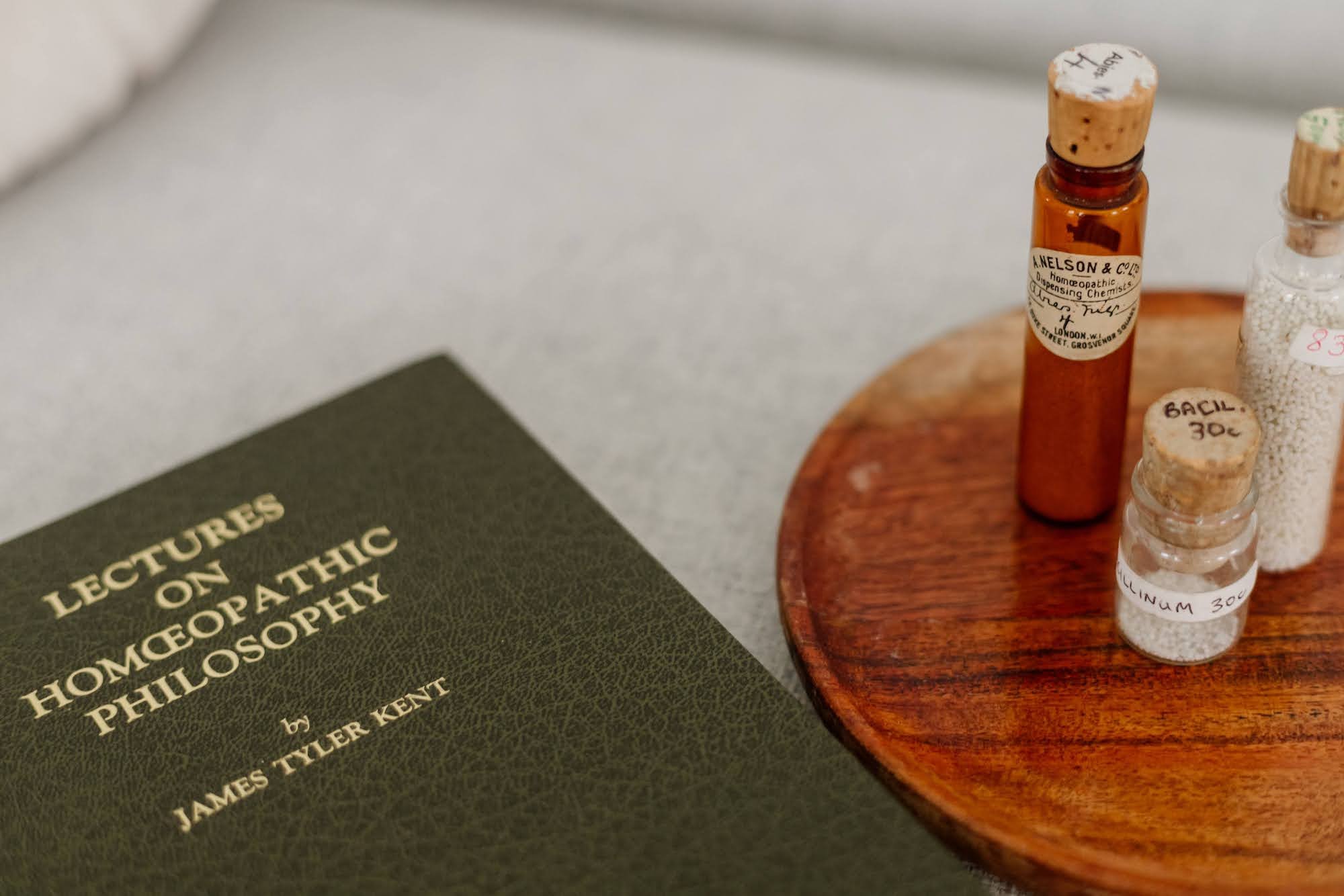FAQs about homeopathy and how it can help you
These are some of the most common questions I get asked about homeopathy
What is homeopathy?
Homeopathy is a natural system of medicine that is based on the principle that "like cures like."
It uses highly diluted substances to stimulate the body’s vital force and encourage its inherent ability to heal. Developed by German physician Samuel Hahnemann in the 18th century, homeopathy offers a safe, non-invasive, and effective alternative to conventional medicine, for acute and chronic conditions.
Can homeopathy be used in acute cases?
Yes, homeopathy is often used for acute cases / short-term conditions that come on suddenly. These can include:
Colds and flu
Coughs and sore throats
Fever
Injuries (bruises, sprains, strains)
Headaches and migraines
Dental issues
Digestive upsets (e.g., nausea, vomiting, diarrhea)
Skin conditions (e.g., rashes, insect bites, burns)
Allergic reactions (e.g., hay fever)
Can homeopathy be used in more serious long term illness?
Homeopathy is frequently used to address long-term or chronic illnesses. Some chronic conditions that may be treated with homeopathy include:
Asthma and respiratory issues
Arthritis and joint pain
Eczema and psoriasis
Chronic fatigue syndrome
Irritable bowel syndrome (IBS)
Hormonal imbalances (e.g., menstrual disorders, menopausal symptoms)
Chronic headaches or migraines
Chronic skin conditions
Sinusitis and recurrent colds
Male reproductive health
Is homeopathy effective for anxiety and stress?
Homeopathic remedies are also used to address emotional and psychological symptoms such as:
Anxiety and stress
Depression
Insomnia and sleep disorders
Panic attacks
Emotional trauma (e.g., grief, post-traumatic stress)
Mood swings
Nervousness and irritability
Low self-esteem or lack of confidence
Is it safe to use homeopathy in babies and children?
Homeopathy is gentle, non-toxic without side effects and should be used under supervision of a qualified homeopath.
Some common conditions treated in children include:
Colic and digestive problems
Recurring colds, coughs.
Teething pain
Ear and eye infections
Behavioural issues (e.g., hyperactivity, ADHD)
Growing pains
sleep problems
slow weight gain
Bedwetting
-
Adolescent health (menstrual education, acne, emotional balance)
Menstrual irregularities (pain, heavy bleeding, PMS)
Fertility support (hormonal balance, ovulation regulation)
Menopause symptoms (anxiety, hot flushes, mood swings, insomnia)
Chronic conditions (endometriosis, fibroids, pelvic pain)
Emotional health (stress, anxiety, depression, mood swings)
Pregnancy and breastfeeding support (safe remedies for nausea, fatigue, any breastfeeding issues such as engorgement, cracked nipples, low milk)
Urinary tract infections (relieving discomfort, preventing recurrence)
Labour preparation, childbirth and postnatal care
Postnatal recovery (healing after childbirth, exhaustion)
Holistic, individualised treatment based on your unique symptoms and needs
-
Prostate Health
Hormonal Imbalances
Sexual Health Issues
Mental Health Issues
Musculoskeletal Issues
Cardiovascular Health
Metabolic and Endocrine Disorders
Gastrointestinal Issues
Respiratory Issues
Skin Conditions
Urinary and Kidney Issues
Fatigue and Low Energy
Sexually Transmitted Infections (STIs)
Chronic Pain
Sleep Disorders
-
Homeopathy can be effective for a variety of skin disorders such as:
Acne
Eczema and dermatitis
Psoriasis
Rosacea
Fungal infections
Warts and other growths
Sunburn and rashes
-
Homeopathy is often used to treat pain and inflammation, particularly in cases where conventional medicine might have limited options. Common conditions include:
Chronic Fatigue
Arthritis (rheumatoid or osteoarthritis)
Back pain
Muscle pain
Fibromyalgia
Sciatica
Joint inflammation
Repetitive strain injury
Migraine
-
Homeopathy is used to promote healing after surgery or injury. Remedies can support the body’s ability to recover quickly and manage symptoms such as:
Swelling and bruising
Pain and discomfort
Fatigue after surgery
Muscle soreness
-
Many people use homeopathy as a complementary or adjunct therapy alongside conventional medical treatment. For example, someone undergoing chemotherapy for cancer may use homeopathic remedies to help manage side effects like nausea, fatigue, or pain. However, it is important to consult with both homeopathic practitioners and conventional healthcare providers to ensure that treatments do not conflict. Homeopathy can be used to reduce side effects and improve tolerance of long term medication.

